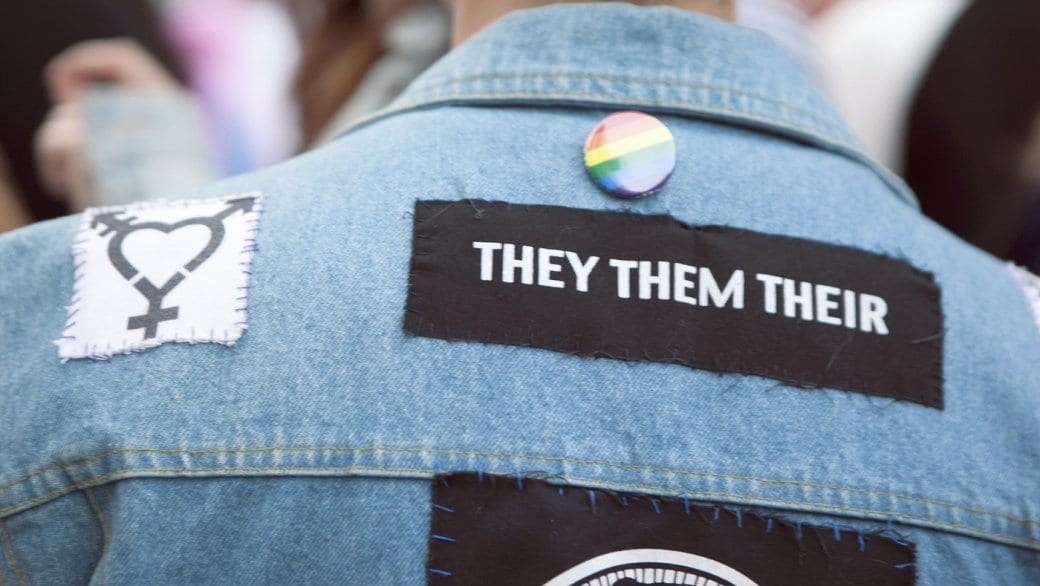Four years ago, while the Ontario legislature was weighing whether to explicitly list gender identity and gender expression in its Human Rights Code, I argued that the changes were legally unnecessary and potentially harmful.
With the federal government now weighing a similar bill, I want to state for the record: I was wrong. Mostly.
I stand by my argument that trans people were and are already included in Canada’s various federal, provincial and territorial human rights laws, whether they are listed explicitly or not. That’s not even really a controversial point of law — every human rights commission in the country agrees, as do legislators of all stripes.
But in retrospect, I was wrong about the overall need for these laws.
At the time, I argued that the best way for trans activists to achieve rights was simply to assert them, without waiting for the legislature to give them permission by enacting a legal redundancy. After all, an inclusive Human Rights Code couldn’t end trans discrimination any more than it has ended racism or homophobia. It would take much more activism and legal work to achieve substantive change anyway. I argued that by presenting a false argument that trans people were not included in current human rights law, trans activists were instead perpetuating their own oppression.
The truth of course is that it was the obstructionist lawmakers who were furthering oppression. Indeed, there was even the danger that by refusing the community’s demand for explicit protection, they were, in fact, signalling to the courts and human rights tribunals that legislatures did not intend to protect trans people from discrimination.
The passage of Toby’s Act in Ontario, which added gender identity and expression into the Code, didn’t create a legal asymmetry where trans people in other provinces find themselves without protections, as I had feared. Instead, it quickly inspired the legislatures of Manitoba, Nova Scotia, PEI, Newfoundland, Saskatchewan and Alberta to pass their own trans rights laws. Quebec, British Columbia, New Brunswick, Yukon and Nunavut remain without specific gender identity/expression passages in their laws, but this is perhaps a matter of time. All provinces have made substantive advances on trans issues over the past few years, ranging from new regulations regarding health care, birth certificates, even jails.
Which brings us to the federal government’s new trans rights bill, which, in addition to Human Rights Act changes, will finally include trans people in hate crimes legislation.
It’s a testament to the tenacity of the trans activists across the country that this bill is now a government bill. They successfully moved the goalposts of progressive politics such that anyone claiming that label had to embrace trans rights loud and clear. The Liberal Party would have lost a lot of credibility on that front if they hadn’t matched the NDP’s campaign promise to introduce a trans rights bill — it certainly would have dogged them in the urban core swing ridings that moved to the Liberals en masse.
While the amendments to the various human rights codes may not actually change the legal rights of trans people, the campaigns for these changes have left important legacies in Canada. First, they mobilized a loud and effective group of trans activists who can continue to push trans issues at all levels of government and society. Second, they forced the LGBT community itself to take trans people and trans issues seriously. Third, they effectively raised the visibility of trans people across the country and put trans issues on the national agenda.
Ultimately, the fight for trans rights bills gave the movement something more necessary than the legislative change itself: an identifiable goal, and eventually, a series of political victories to inspire a movement.
Combined with the sudden explosion of trans visibility in pop culture over the past few years, trans activists have an unprecedented opportunity to advance their struggle. It will be necessary now for trans activists to build upon this political momentum and push for substantive changes to the way trans people are treated in Canadian society.


 Why you can trust Xtra
Why you can trust Xtra


